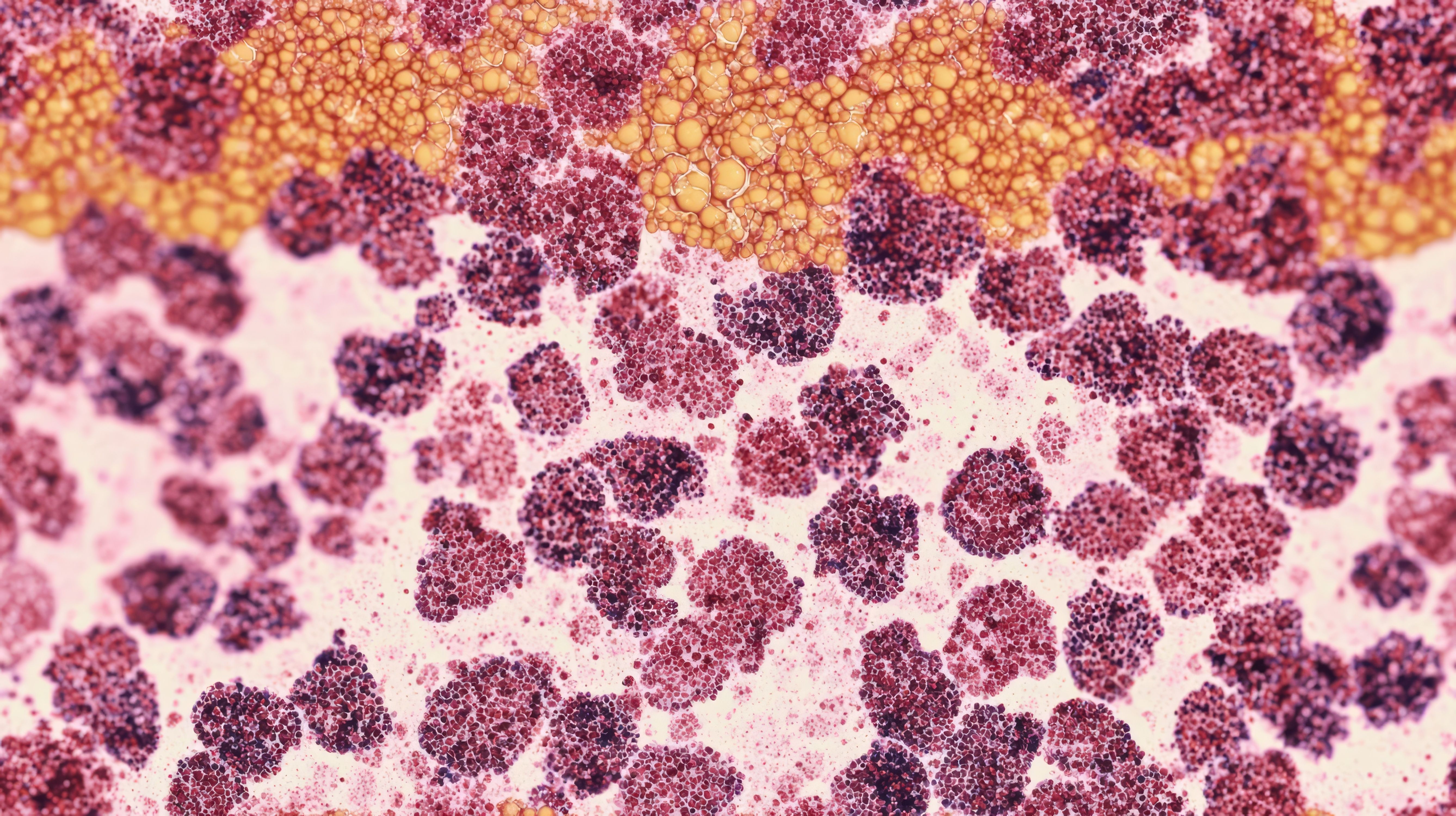Article
Inflammatory Effects Dependent on Timing of Chemotherapy
Author(s):
Time of day is an important factor in chemotherapy-induced adverse events.
The time of day chemotherapy drugs are administered for breast cancer determines the level of inflammatory effects, according to a recent study.
The investigators sought to determine the effects of cyclophosphamide and doxorubicin in female mouse models for breast cancer without tumors.
The mice were injected with the cancer drugs either during their inactive period—–2 hours after daylight––or their active period––2 hours after the lights were turned off.
Tissue was collected from mice at 1, 3, 9, or 24 hours after injection to check for signs of inflammation in the spleen. Additionally, the investigators examined the hypothalamus and the hippocampus in the brain of the mice.
The results of the study, published in Scientific Reports, showed that mice injected with the drugs during their inactive phase had an increase in production of inflammation-promoting genes within the spleen. In particular, production increased for 2 toxic drug metabolites that are products of the chemotherapy drugs.
The metabolites are linked to inflammation, and doxorubicinol is known to cause heart damage in some patients.
“Timing of drug administration can have a big effect on inflammation, and that may potentially affect a wide variety of harmful side effects [sic],” said co-author Courtney DeVries.
In the brain, however, the pattern was found to reverse for mice injected during their active period. The inflammation measured in the spleen was significantly lower in this group of mice compared with mice injected during their inactive period.
“The spleen and the brain were out of phase. When inflammation was high in 1, it was low in the other,” said co-author Randy Nelson.
Nelson stressed that physicians should be more cautious when examining the inflammation response between the brain and the rest of the body.
“Many times physicians measure markers of inflammation in the blood and assume that is what is happening in the brain,” Nelson said. “But we found that just the opposite is happening.”
Although the differences in reactions to chemotherapy between the brain and spleen is unclear. Prior research shows that the clock genes in the brain are out of sync with those in the organs.
According to Nelson, the expression of these clock genes may affect how the drugs are metabolized in the body.
The study findings do not reveal the optimal time to administer chemotherapy drugs in humans, but it does demonstrate that “time of day is an important factor that needs to be considered when the drugs are given,” DeVries said.
A limitation to the study was drugs were only administered at 2 time points, the authors noted.
“There may be a sweet spot that maximized the efficacy of the drugs and minimizes the side effects [sic]. We don’t know that yet,” Nelson concluded.
Newsletter
Stay informed on drug updates, treatment guidelines, and pharmacy practice trends—subscribe to Pharmacy Times for weekly clinical insights.




